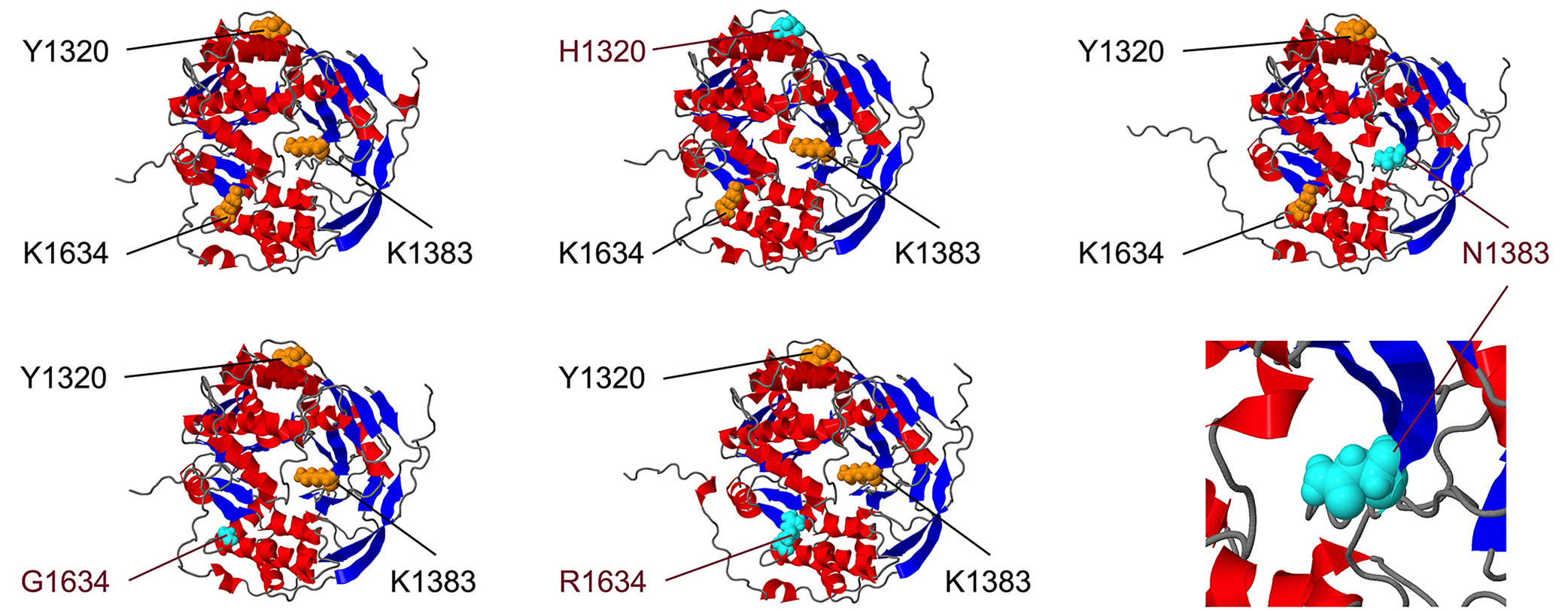Hepatitis E virus (HEV) causes chronic hepatitis E that requires antiviral therapy in immunosuppressed individuals. Ribavirin (RBV) is the main therapeutic option for chronic hepatitis E as an off-label use. Several amino acid changes, including Y1320H, K1383N, and G1634R, in the RdRp of human HEV have reportedly been associated with RBV treatment failure in chronic hepatitis E patients.
A recent study led by Dr. Bo Wang and Prof. Xiang-Jin Meng from the Virginia Polytechnic Institute and State University, USA, utilized an HEV-3ra from rabbit and its cognate host to investigate the effect of these RBV treatment failure-associated HEV-3 RdRp mutations on viral replication efficiency and antiviral susceptibility. By utilizing the HEV-3ra infectious clone and indicator replicon, they generated multiple single mutants (Y1320H, K1383N, K1634G, and K1634R) and a double mutant (Y1320H/K1383N) and assessed the role of mutations on replication and antiviral activity of HEV-3ra in cell culture. Furthermore, they also compared the replication of the Y1320H mutant with the wild-type HEV-3ra in experimentally infected rabbits. Their in vitro analyses revealed that the effects of these mutations on rabbit HEV-3ra are altogether highly consistent with those on human HEV-3. Importantly, they found that the Y1320H enhances virus replication during the acute stage of HEV-3ra infection in rabbits, which corroborated their in vitro results showing an enhanced viral replication of Y1320H.
The data suggest that HEV-3ra and its cognate host is a useful and relevant naturally occurring homologous animal model to study the clinical relevance of antiviral-resistant mutations observed in human HEV-3 chronically-infected patients.
This study was published in mBio 2023 Pages e0337222. Read the full research article https://www.ncbi.nlm.nih.gov/pubmed/36809085.

